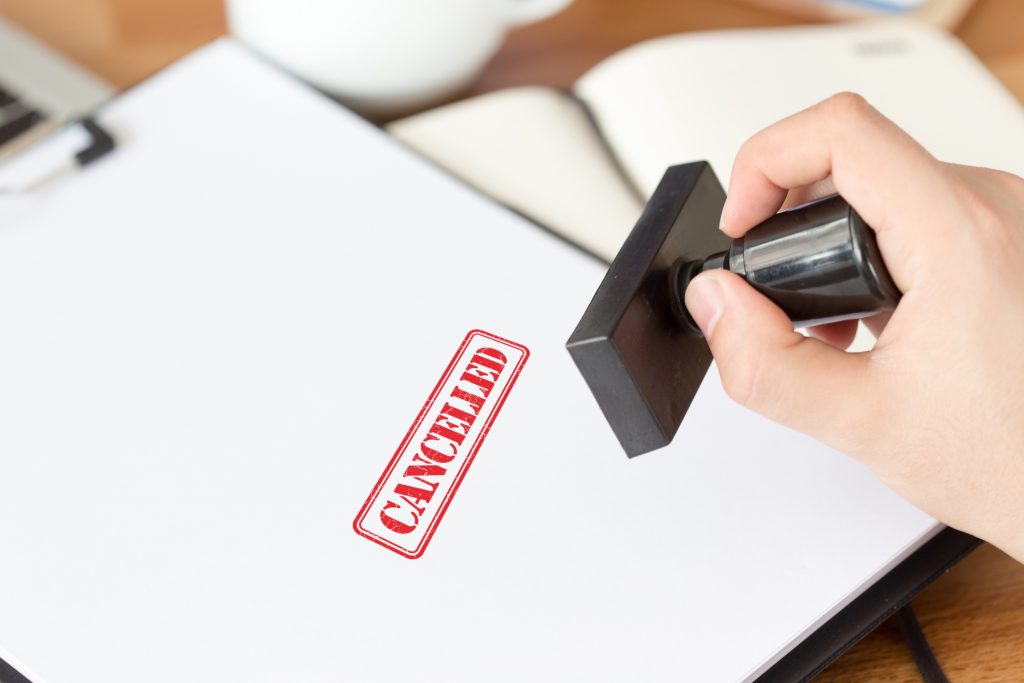
Physical Therapy Marketing: Grow Your Practice
Physical Therapy Marketing: Grow Your Practice This can’t be stressed enough, effective marketing is crucial for physical therapy practices trying to get new patients and
Please add some widget in Offcanvs Sidebar

As a Private Practice Owner, one of the things you end up having to deal with is preventing cancellations. If not kept under control they can cause all kinds of problems that will either immediately or eventually effect the bottom line of your business. A cancellation can lead to lost income, early discharges, low staff productivity, low staff morale, and much more. Many of us are actually pretty good at “getting new patients” but when push comes to shove, we are not so good at “keeping them” and truly helping them get to what we want, a “SUCCESSFUL DISCHARGE”. The main reason why most practices don’t do well at keeping their schedule full and their staff busy is that there is not a system or process for staff to follow when any of the above things happen.
To control cancellations, we must first acknowledge them for what they are: lost income as a business owner and a lost opportunity to truly help a patient achieve their goals. It is that simple. Whether they didn’t come in because they were sick, or they had a meeting at work or whatever the reason, it is lost income that we need to think about as a private practice owner. Think about it, if your average reimbursement is $75 per visit (as an example) then every empty spot (for whatever reason) is a loss of $75. That is typically what you pay a PT for about two hours’ worth of work, or a front office staff for about 4 – 5 hours’ worth of work.
So how do we control and better yet prevent cancellations that possibly are causing you to lose sleep, worry about making payroll, and ultimately effecting our profitability as private practice owners?
This is something I am passionate about as a practice owner. Early on in my practice ownership years I learned this data and put it to use. We have grown our business by a minimum of 20% every year over the past 14 years. Putting these three aspects in place was how we grew our business significantly for two years straight – just by improving arrivals, reducing cancellations, and stopping early discharges.
I would love to help you have the same success. Join me for my upcoming Patient Compliance webinar. Go to this link to register: https://app.e2ma.net/app2/survey/1400987/213088279/c490f96bba/

Physical Therapy Marketing: Grow Your Practice This can’t be stressed enough, effective marketing is crucial for physical therapy practices trying to get new patients and

As a Private Practice Owner, one of the things you end up having to deal with is preventing cancellations. If not kept under control they
